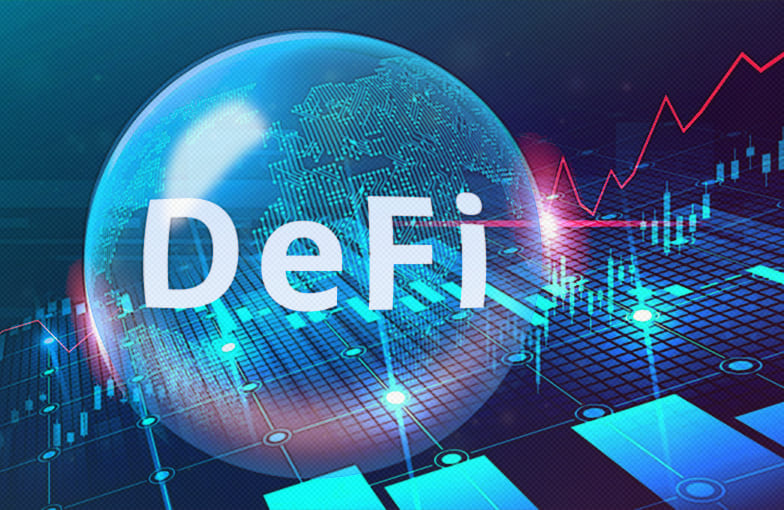Despite its existence for several years, the DeFi space remains a mystery to many. New investors frequently wonder what distinguishes one DeFi platform from another, and what makes them credible in the first place.
However, in order to understand how legitimacy works in the DeFi sphere, we must first examine CeFi credibility.
What Makes CeFi Platforms Trustworthy?
Assume you want to use the services of a traditional and centralized finance platform. What would you do to determine whether the service is a good fit for you? The most likely scenario is that you will look for official certification as well as reviews from others, including industry professionals. So here’s a list of things to look out for when determining the credibility of a CeFi platform.
- Overall Reputation
First and foremost, we must investigate what others are saying about the platform. If a bank has a bad reputation, and many people agree on this, we will be hesitant to use its services.
- User and professional evaluation
There are numerous websites where users can rate businesses, including CeFi products and services. Authenticating their overall ranking, including industry professional rankings, will always be advantageous in the long run.
- Official certifications from governing bodies
Finance is strictly regulated in every country around the world.
- Audits by independent firms
Check to see if the service has been audited and is thus trustworthy.
- Security and previous security breaches
Whether you like it or not, many platforms are constantly under cyberattack, but some are far more resilient than others.
DeFi Functions Differently
DeFi protocols include an additional layer of credibility and trustworthiness that is hard-coded in their underlying structure. The majority of them are based on blockchain technology, which is already credible and trusted by people all over the world. Simply put, blockchain provides an additional layer of security that is nearly impossible to breach. Decentralized services are run by a community rather than a single entity, making them even more trustworthy.
But the real question is, is that sufficient? Even if they are built on the blockchain, these DeFi protocols may have flaws that individuals or organizations involved in them may exploit. As a result, in addition to trusting blockchain to do its job, we must also check for other things.
We mostly mean certificates and licenses when we say “other things.” As the DeFi space gains acceptance in jurisdictions worldwide, numerous committees have been formed to ensure the maximum security and trustworthiness of DeFi projects. Furthermore, auditing firms and organizations now specialize in vetting DeFi projects to ensure they are not engaging in illegal activity.
Aurigami, a DeFi project, has been audited three times and has a clean record, which means it’s safe to use or invest in it. This is especially true for platforms like Aurigami, an online cryptocurrency protocol for lending, borrowing, and earning interest.
Decentralized protocols are designed to be community-operated, so we cannot rule out the possibility of people reviewing DeFi protocols. As a result, it’s always a good idea to look into what others are saying about the DeFi service you want to start using.
DeFi Platforms Will Always Have An Extra Layer Of Credibility
The DeFi space is rapidly expanding, and millions of people are already utilizing many DeFi protocols because they believe they are more useful and credible. When evaluating the credibility of a DeFi service, we must consider all of the factors that we would examine in a traditional finance platform, such as audits, security, certificates, and so on.
If all of these boxes are checked, we can always take advantage of the additional layer provided by distributed ledger technology, which makes DeFi protocols more credible and reliable. After all, this is one of the primary reasons why a growing number of people are shifting away from centralized finance and toward decentralized finance.
Source link














